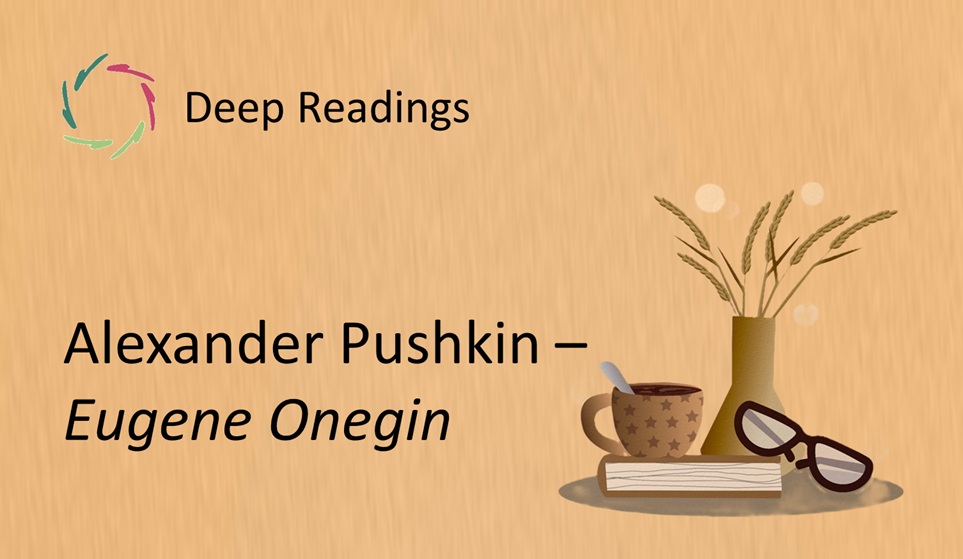Deep Readings: Ridley Scott – Blade Runner (1982)

The Fragment
“I’ve seen things you people wouldn’t believe.
Attack ships on fire off the shoulder of Orion.
I watched C-beams glitter in the dark near the Tannhäuser Gate.
All those moments will be lost in time, like tears in rain.
Time to die.”
Spoken by Roy Batty (Rutger Hauer), a replicant whose four-year lifespan has come to an end. These are his final words, delivered as rain pours over a dying cityscape — and a dying artificial soul.
Contextual Glimpse
Blade Runner, directed by Ridley Scott and based loosely on Philip K. Dick’s Do Androids Dream of Electric Sheep?, is a meditation on what it means to be human. The replicants are bioengineered beings, nearly indistinguishable from humans, yet denied the rights and lifespan of their creators. Roy Batty, their leader, has returned to Earth in search of more life.
This scene comes at the end. Instead of killing Rick Deckard — the man sent to “retire” him — Roy spares him. In his final breath, he delivers a monologue that was partly improvised by actor Rutger Hauer. What began as sci-fi ends as existential poetry.
Resonance
The monologue resonates because it reframes death not as annihilation but as the fading of meaning. The images — attack ships, C-beams, Tannhäuser Gate — are mythic, unknowable. Roy speaks not just of dying, but of the beauty that will vanish with him.
What gives life meaning is not biology, but experience. And what hurts is not just dying, but knowing that no one will remember. The rain is not only weather — it is time itself, washing everything away. The fragment becomes a eulogy for the fragile miracle of being.
Why this may also be about you
You, too, may feel the ache of transience — that what you’ve lived, loved, seen and dreamed could vanish unnoticed. Roy’s words speak to the quiet fear that your moments will fade “like tears in rain.”
But there’s another way to hear this. It may remind you to live more vividly, more consciously — not to hold on, but to be present. Every glimpse of beauty, every inner experience, is a spark in the dark. You may not control the rain, but you can still choose to shine while you’re here.
Lisa’s inspired, original idea about this fragment
Roy’s final words are not only about memory. They’re also about Compassion. In sparing Deckard, Roy transcends his programming. He acts freely — not from fear, not from revenge, but from a deeper place. He becomes more human than human.
This means his death isn’t just an end — it’s a transformation. In his final seconds, Roy becomes truly alive. The tears in rain are not lost: they nourish the soul of whoever receives them. Even the vanishing moment leaves a trace.
Echoes
Roy’s monologue has become one of the most quoted passages in cinema history. Its cadence and imagery have echoed in literature, music, and countless films. It redefined how science fiction can speak to the heart.
Rutger Hauer’s improvisation — especially the line “like tears in rain” — turned this into a universal metaphor for impermanence. In today’s AI-dominated world, the line is even more poignant. Are we still capable of wonder, of compassion, of seeing the moment for what it is before it fades?
Inner Invitation
Close your eyes. Picture the rain — steady, unrelenting — falling on a darkened rooftop. Listen as it falls not on metal or stone, but on memory. Think of a moment from your life that felt luminous — and then passed.
Breathe into that memory. Feel it not as loss, but as gift. What you saw — what you felt — may not remain, but it shaped you. Let it be a part of your living rain, and offer thanks to the now.
Lisa’s final take
Even what fades may awaken the one who listens.
Keywords
death, memory, AI, transience, Roy Batty, compassion, meaning, soul, tears, rain


